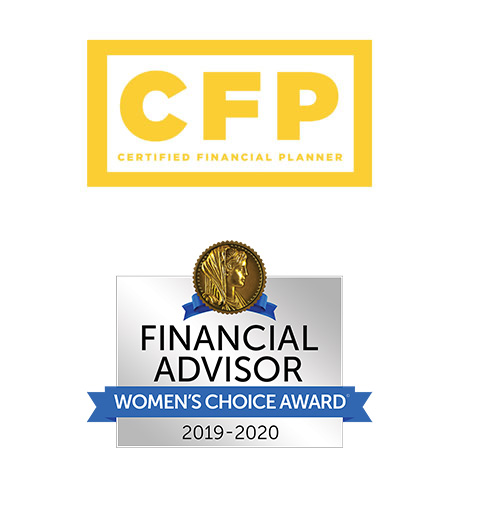Increasingly, investors seek to align their personal beliefs with their financial actions.
Not so long ago, the phrase “socially responsible investing” might have brought to mind environmentalists keeping their investment dollars out of companies they believed to be damaging the earth or animal rights activists rejecting companies who tested their products on harmless creatures.
As the socially responsible investing sector has grown, its definition has expanded. Today, the phrase encompasses any investment strategy targeted at aligning an individual’s portfolio with their personal convictions. The 2018 U.S. Sustainable, Responsible and Impact Investing Trends report identified $12.0 trillion in professionally managed portfolios using one or more of the dynamic investment strategies that together define Sustainable, Responsible and Impact investing in the U.S.1
Screening, shareholder advocacy and community investing are the three most common SRI strategies. Screening – the practice of choosing or excluding investments from a portfolio based on the investor’s personal criteria – may be the most commonly known. Individuals may choose to invest, for example, only in companies headed by women or individuals of a particular ethnicity. Or, they may choose not to invest in companies that conflict with their personal beliefs. In addition to the traditional “sin” stocks of gambling, pornography and alcohol, an investor’s “anti” list might include tobacco, nuclear weapons, defense, companies with poor records on labor relations or the environment, religious issues, animal testing or any other issue.
Shareholder advocacy uses the voting rights associated with stock ownership to promote change within the company. Anti-apartheid organizations used this strategy to get companies to pull out of South Africa in the early 1980s. Community investing directs capital from investors to communities that lack traditional financial services such as credit, equity, capital and basic banking products – services that a community needs to grow and thrive. Community investing is the fastest growing area of SRI.
Forum for Sustainable and Responsible Investment
According to the Forum for Sustainable and Responsible Investment, from 1995 to 2018, socially screened mutual fund products in the U.S. increased nearly 18-fold, a compound annual growth rate of 13.6 percent.2 However, excluding certain companies – or in some cases, certain sectors – from an investment plan can result in potential financial consequences. Performance, benchmarking, implementation and diversification issues may make these investments more difficult to evaluate. In some cases, that may mean an investor has to choose between his beliefs and his bottom line.
If you do choose to factor your personal definition of social responsibility into your financial plan, keep that trade-off in mind. Trying to compare your SRI-screened portfolio’s performance to general indexes like the Dow and S&P 500 may not be accurate comparisons. The Domini 400 Social Index, run by KLD Research & Analytics Inc., attempts to provide a SRI-related benchmark but again, index results may not adequately reflect the result of including or excluding specific investments.
If aligning your investments is important to you, talk to your financial services professional about socially responsible investment strategies and their potential impact on your portfolio. If your objection to a company’s practices or politics doesn’t keep you up at night, you may be better off donating cash or time to the organization than weeding through thousands of investments looking for a soul mate
1 https://www.ussif.org/files/Trends/Trends%202018%20executive%20summary%20FINAL.pdf
2U.S. Sustainable, Responsible and Impact Investing Trends 2018
Written by Securities America for distribution by Hunt Country Wealth Management.


